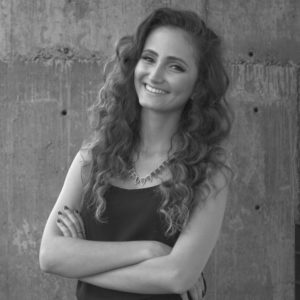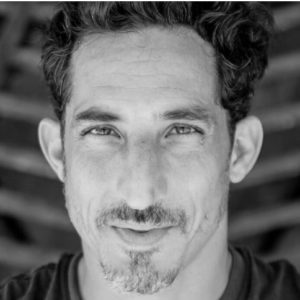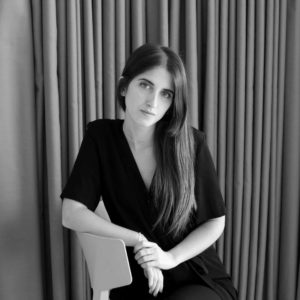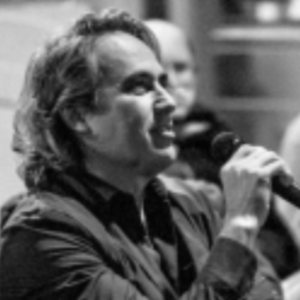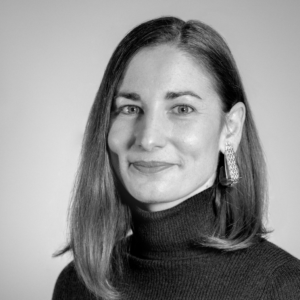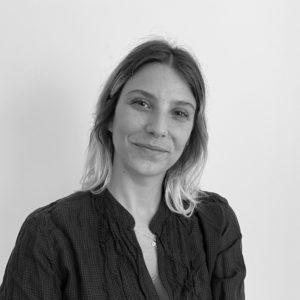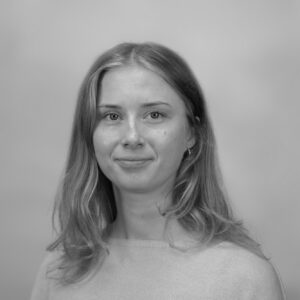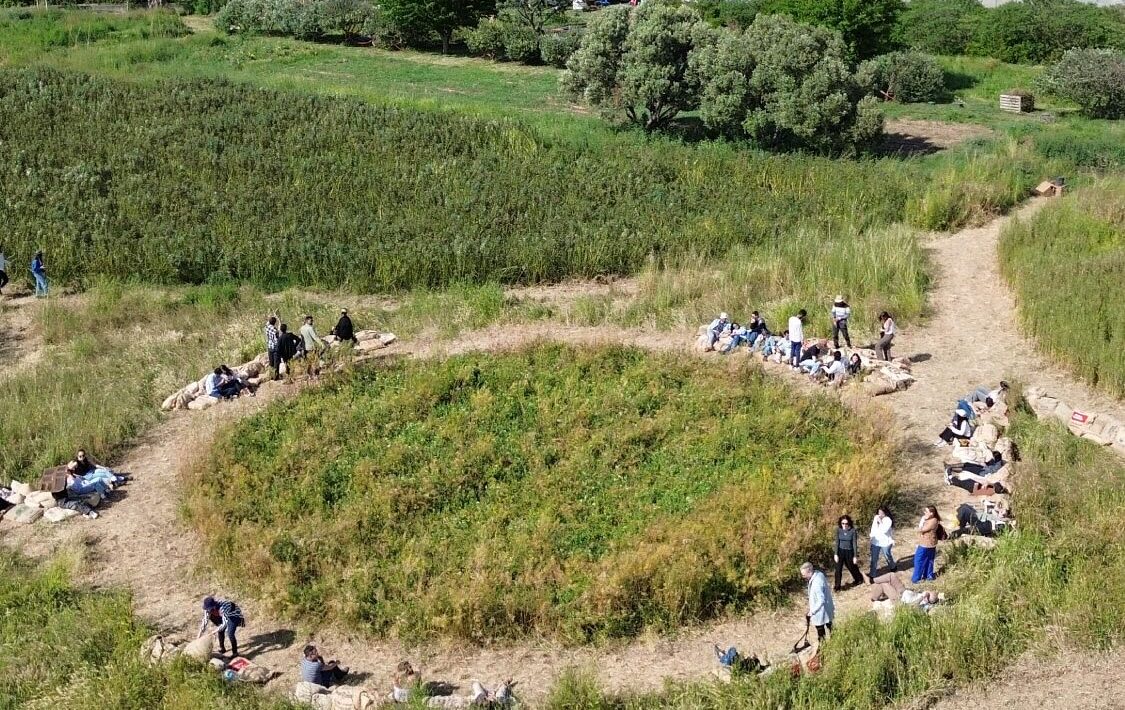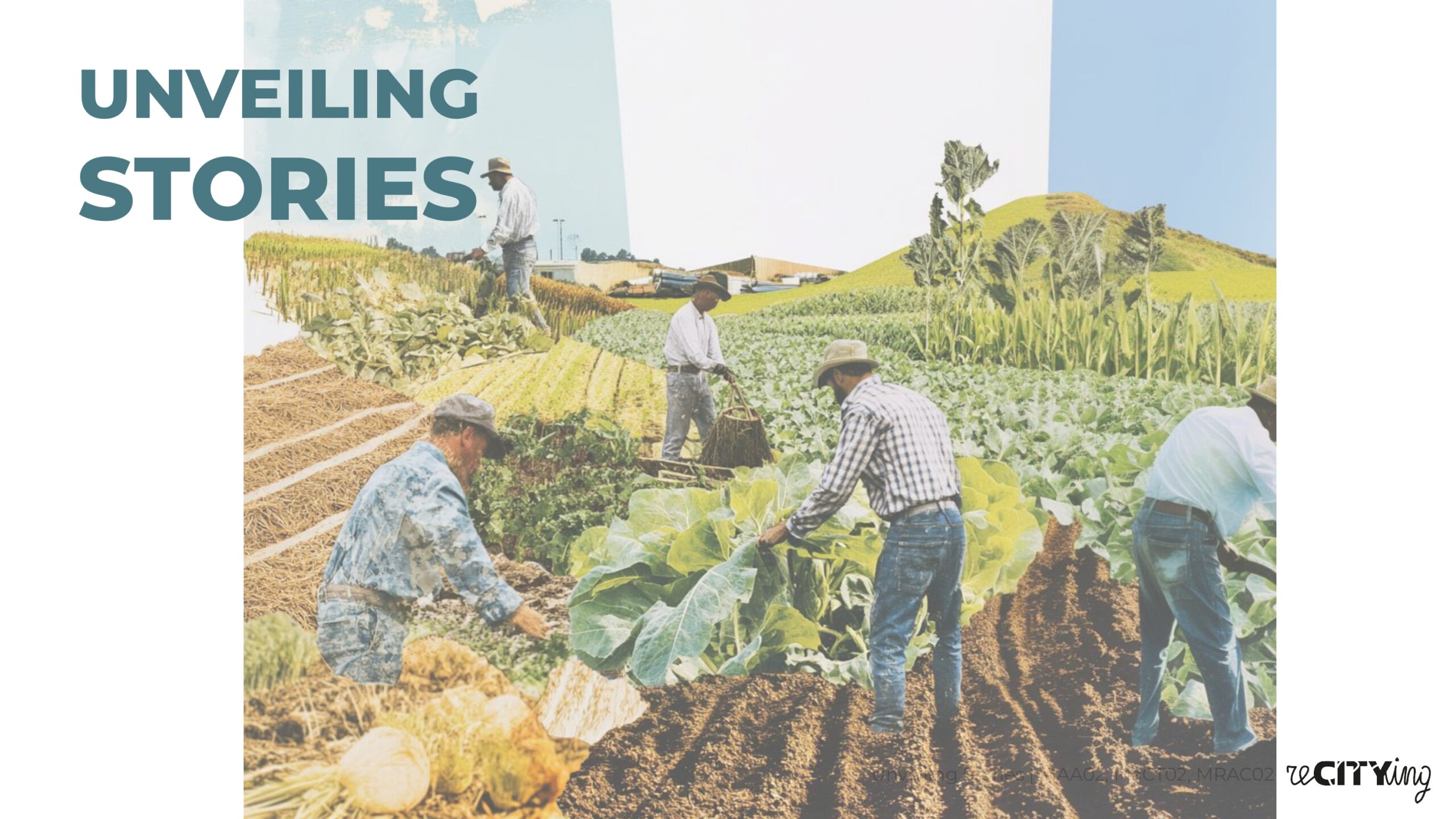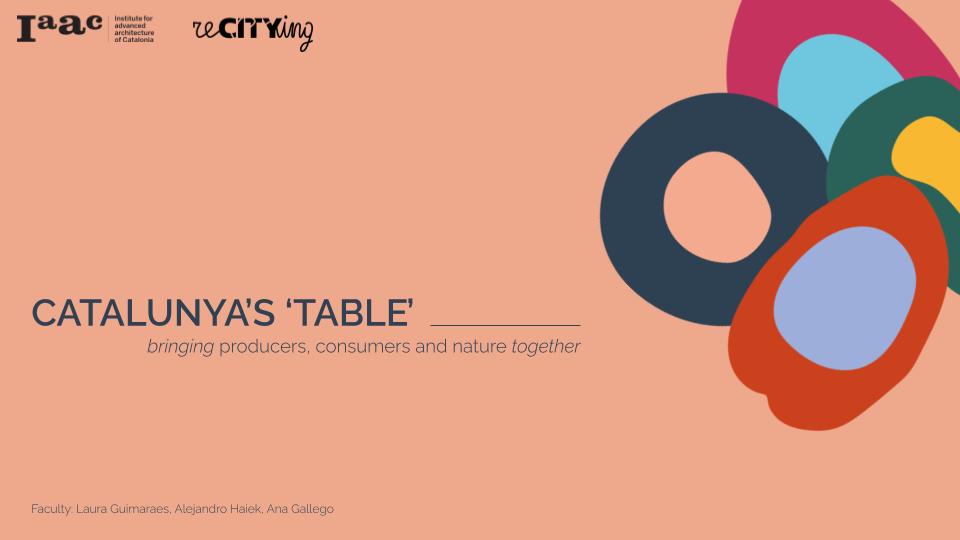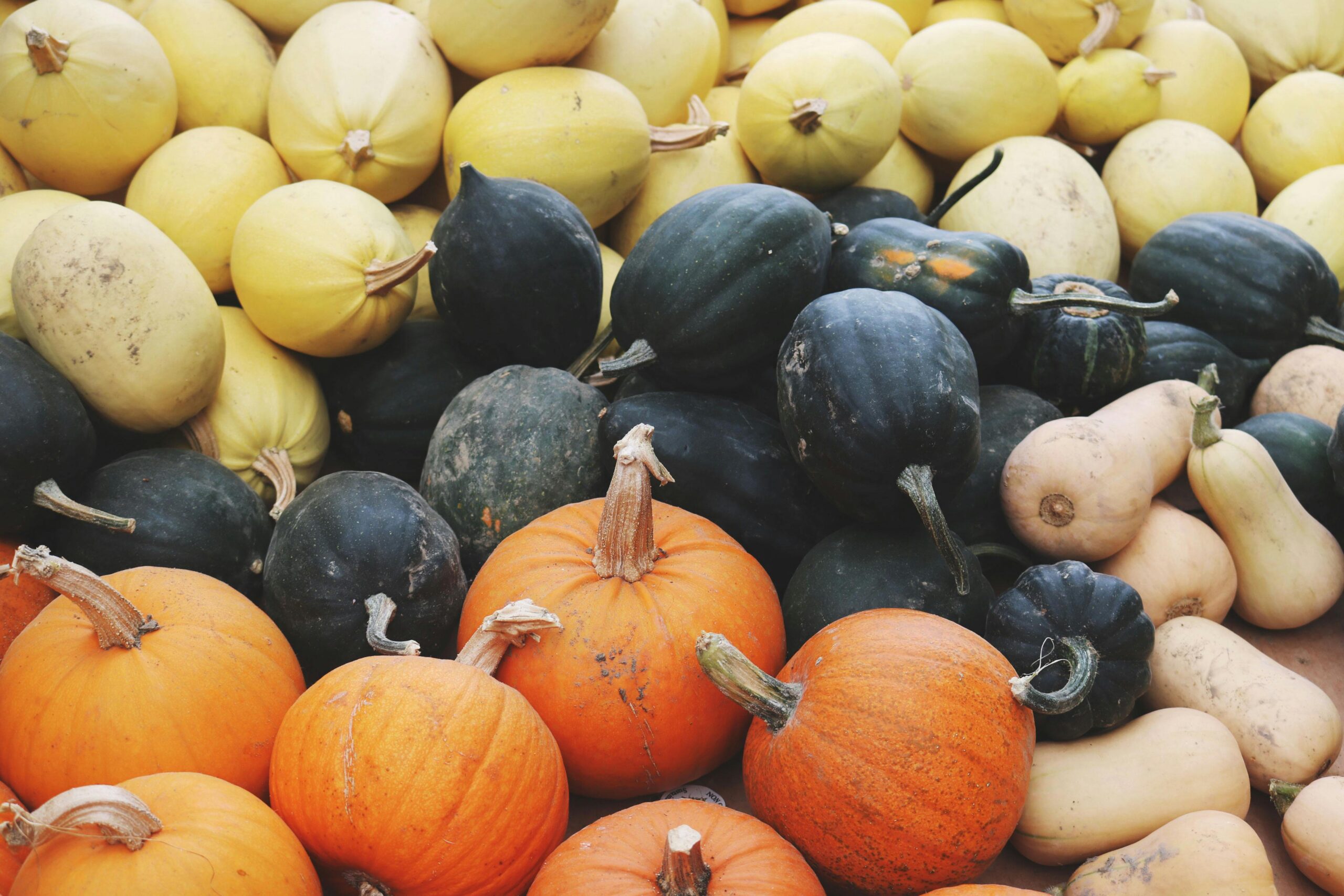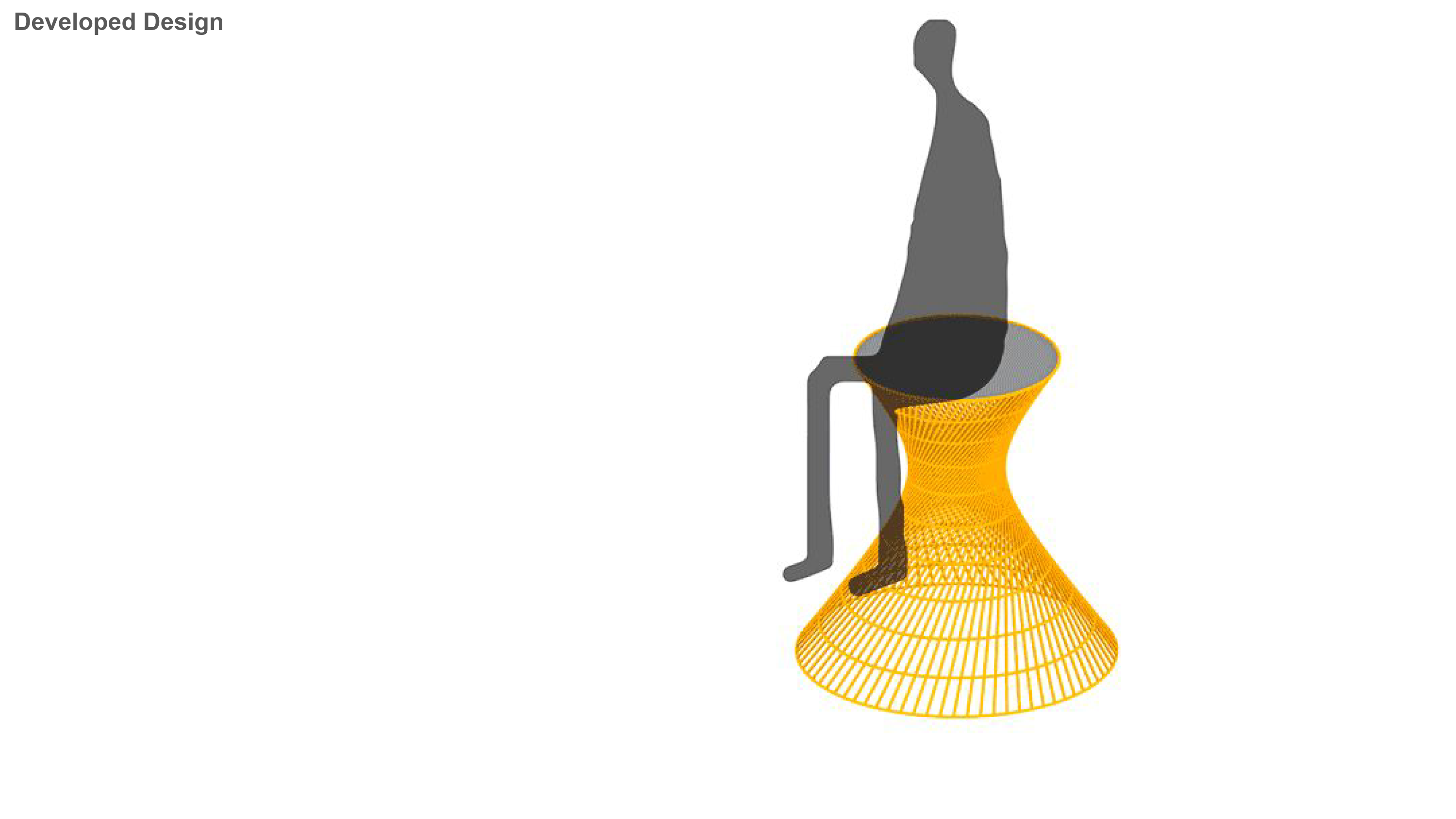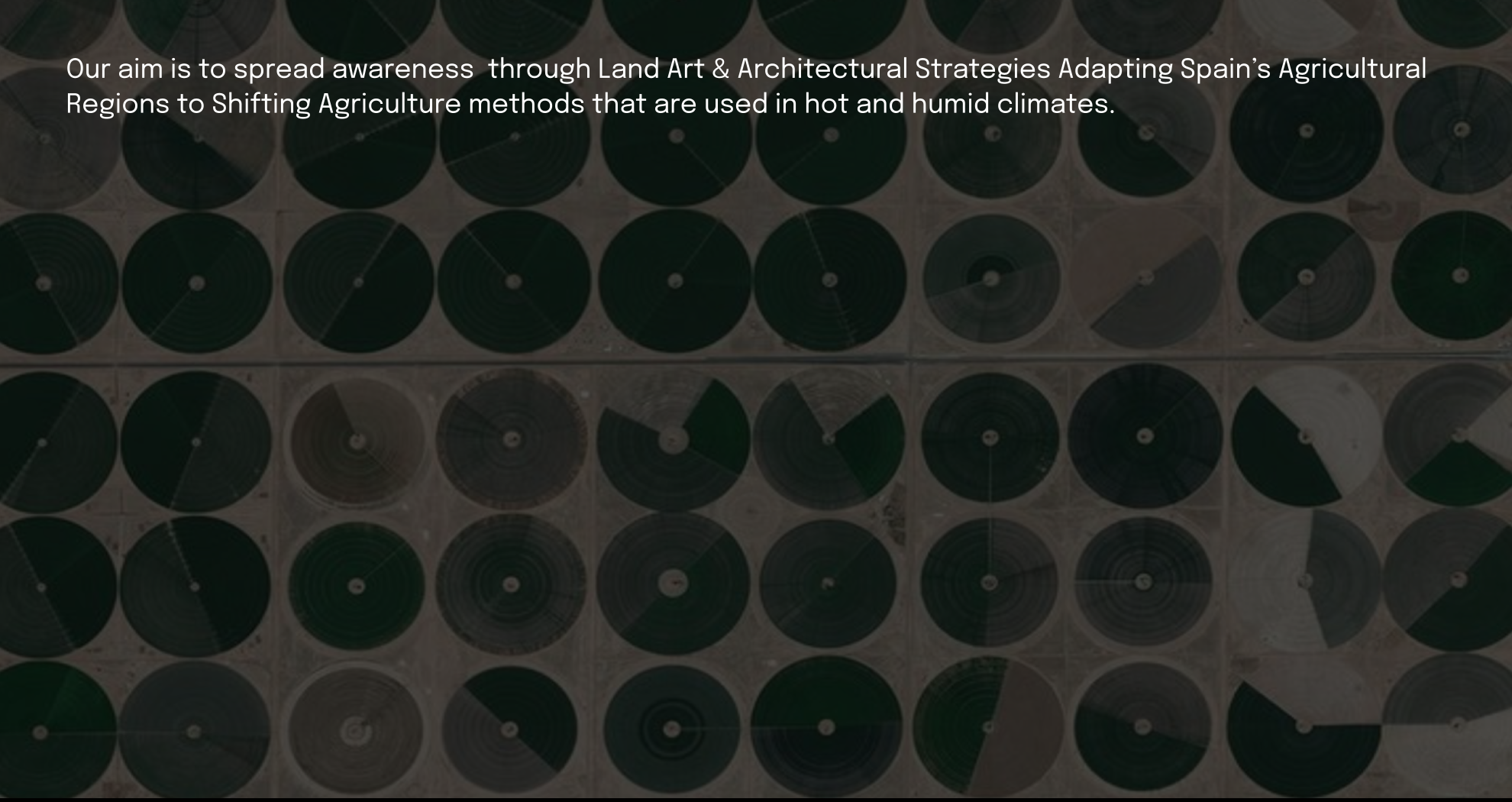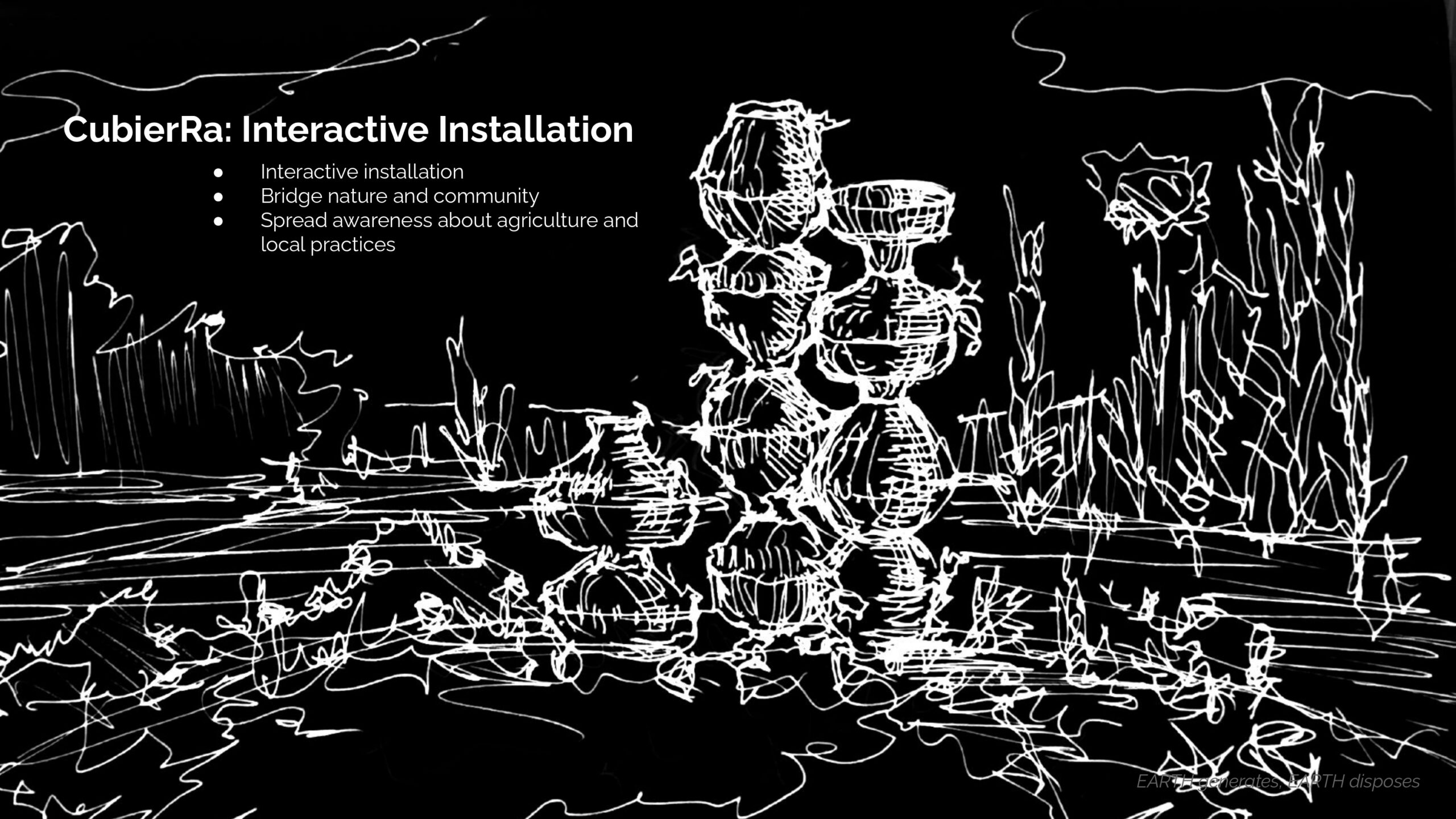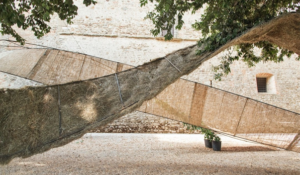
Credits: Industries of Nature by Alejandro Haiek Coll
Description
In contemporary architectural discourse, permanence is often seen as the fundamental value that guarantees the continuity of human activity. However, history shows that no built structure remains unchanged over time. Spaces evolve, giving rise to temporary uses and adaptive reappropriation. These ephemeral practices offer new possibilities for reimagining spaces while waiting for permanent occupation, allowing urban (and rural) “leftovers” to gain new significance and value. This evolving nature of space aligns with Henri Lefebvre’s notion of lived space, where the user or community actively engages with, and resists, its current form, often sparking change. Appropriation of space, in this context, is not only an act of transformation but also one of imagination and passion. It is through this dynamic process that new forms of regeneration can emerge.
ReCITYing is an EU-funded project that seeks to leverage temporary reuse as a key strategy for urban and rural regeneration by creating a platform for knowledge exchange on how these practices can transform underutilized or neglected spaces into cultural hubs. By uniting young creatives, designers, policymakers, and social enterprises, ReCITYing aims to foster co-creation and participatory design processes, encouraging community engagement in transforming vacant spaces into artistic laboratories and cultural incubators.
This course, part of the ReCITYing project, explores the intersection of architecture, design, agronomy, and art to reimagine underused rural spaces through creative recycling and collaborative action. The focus will be on one of the four pilot cases of the project, the Parc Agrari del Baix Llobregat, an agricultural landscape near Barcelona. The Parc faces two key challenges: the threat of urban pressure and the gradual abandonment of its fertile lands and traditional farmhouses. Furthermore, the nearby urban populations are largely disconnected from the agricultural space, with little awareness of its significance or the food it produces. These underused lands and the disconnection from the city present an opportunity for regeneration through slow-food principles and sustainable design, encouraging engagement and awareness among both locals and creatives.
In this context, the course seeks to address not only the physical underuse of the land but also the social underuse of the space. It will introduce students to the potential of agricultural processes to generate sustainable products made entirely from plants, by-products, and agricultural production waste. This approach ensures that all materials from the land are utilized, generating zero waste and creating fully sustainable products. By developing something from what would otherwise be discarded, students will explore how to create holistic processes that support a circular economy and reinforce the values of sustainability. The course will consist of three main phases, each focusing on a different aspect of creative recycling, land art, and collaborative architectural design.
The first phase, taking place in October, will involve an immersive creative workshop where students will work together to explore how agricultural by-products, plants, and other materials from the Parc Agrari can be transformed into a sustainable product that leads to an artistic architectural installation. This workshop will combine theoretical discussions with hands-on experiences. Students will spend a day on-site, working directly with the land and the local community, planting the materials for the future installation and participating in a slow-food barbecue.
In January, the second phase will see students refining the workshop outcomes, developing one proposal into a practical design that is both buildable and sustainable. This phase will focus on the technical aspects of how the by-products and raw materials can be processed into small-scale products, and how these products can build up to an architectural device. The students will work closely with faculty to define the materials and construction techniques needed to scale the concept into a full-size installation.
The final phase, occurring in May, will involve the students in the full-scale construction of the installation within the Parc Agrari. This collaborative process will include the collection and preparation of materials, the production of small-scale products, and the construction of the large-scale installation. This installation will be an artistic and architectural representation of the holistic, sustainable process developed throughout the course. It will serve as a device to draw people’s attention to the Parc Agrari, encouraging the local urban population to engage with the space and become more connected with the food production happening just beyond their city limits. The course will culminate in a public inauguration event, where the installation will be unveiled during a community celebration, solidifying the course’s emphasis on community engagement.
By the end of this course, students will have experienced the entire cycle of a creative recycling project, from ideation and prototyping to full-scale implementation. They will have developed a deep understanding of how architecture, art, and sustainability can converge to regenerate underutilized spaces, fostering both creative and social impacts.
Learning Objectives
At course completion, the student will:
- Develop practical skills in creative recycling and temporary reuse of underutilized rural spaces.
- Gain hands-on experience in sustainable agricultural practices and their application in design.
- Understand the role of sustainable product creation in architecture and design.
- Engage with local communities and stakeholders in participatory design processes.
- Collaborate across disciplines to create innovative, zero-waste solutions for social and environmental challenges.


